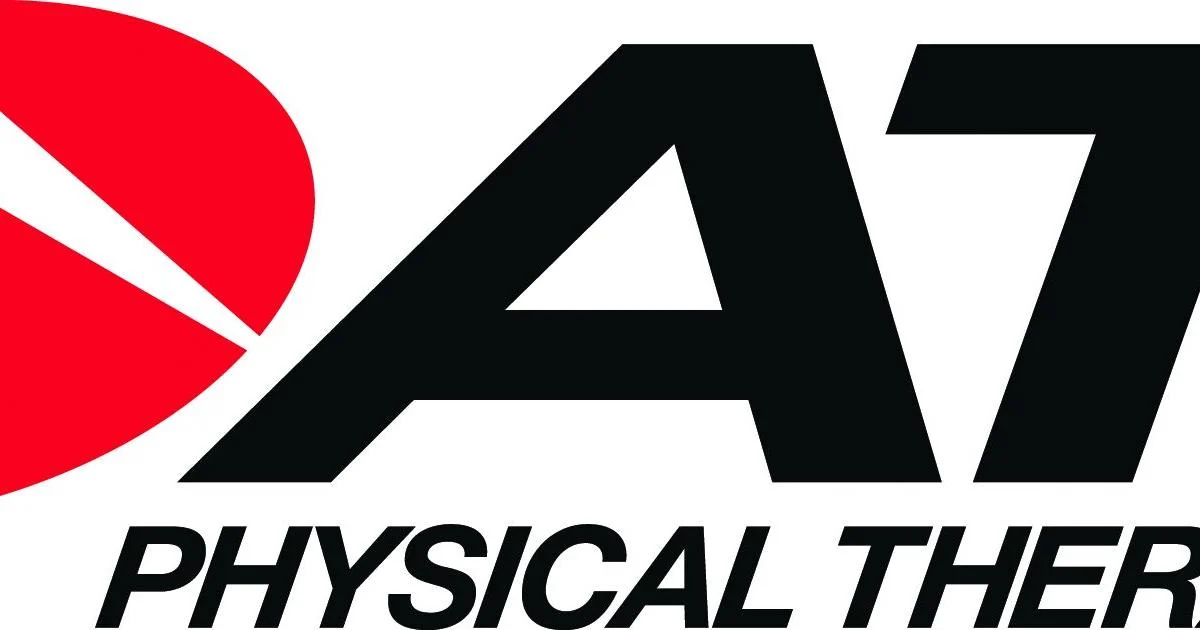Copyright dailymail

Walk into any Los Angeles 'longevity' clinic and you'll hear whispers about the new fountain of youth. It comes in a tiny vial. A painless injection. Suddenly the impossible becomes possible. Athletes swear that this miracle medicine helps them recover from injuries in days instead of months. Weekend warriors skip surgery and heal with a just few injections. Wrinkles soften. Hair regrows. Libido shoots through the roof. Sleep gets deeper. Muscles look fuller. Fat melts faster. In all my years exploring the health and wellness industry, I have never encountered anything as promising or as reckless as the peptide craze. The human body naturally produces peptides, which are short chains of amino acids — the raw building blocks of proteins. They act like biological messengers, delivering precise instructions to the cells to heal, repair damaged tissue, build muscle, boost immune defenses, reduce inflammation, support brain function and more. 'Peptides… have the potential to enhance mental and physical health and performance,' Dr. Craig Koniver, a board-certified physician trained at Brown University and Thomas Jefferson University, recently told podcaster Andrew Huberman. So, if peptides hold such enormous potential, why aren't they widely prescribed? One big reason is that Big Pharma isn't on board. To market and sell a drug in the US, pharmaceutical companies must get the Food and Drug Administration's stamp of approval by submitting controlled human trials, long-term safety data and demonstrating standardized manufacturing. That process can cost hundreds of millions of dollars – and, to date, America's biggest drug companies don't appear to believe that peptides are worth the investment. My friend, Dr. David Drew Pinsky (aka Dr Drew), a practicing physician with board certifications in internal medicine and addiction medicine, explained: 'I know the drug companies and if they really believed that there were significant markets associated with this product, they would be all over it.' What's Big Pharma's hold-up? For one, peptides might not even work. Dr Drew said, 'Everyone I know who has tried peptides, particularly BPC-157 [a synthetic peptide with purported healing and anti-inflammatory properties, among others], eventually end up off the product and don't seem to notice any difference when they stop. 'I don't know what to make of all this and I don't know how to properly assess the risk reward for any given patient,' he told me. Then, there's the issue of whether drug companies can monetize this treatment. Natural peptides (those normally present in the body) can't be legally patented. And if a drug company can't patent a drug, it's far less likely to recoup the massive investment necessary to win FDA approval, thus making the investment less appealing. Instead of copying natural peptides, Big Pharma has preferred to develop mimetics - slightly modified synthetic versions - that behave similarly but are distinct enough to patent. Ozempic is the perfect example: it mimics the body's natural GLP-1 hormone, but it isn't biologically identical. That allowed Novo Nordisk to patent it, resulting in a billion-dollar drug. The shame of this system is that many of these natural compounds could be miracles of modern medicine. But they may never be developed, because there's not enough money in them. Imagine targeted injections that regenerate cartilage instead of replacing joints; peptides that rebuild the gut lining instead of masking symptoms; immune-modulating peptides that treat autoimmune disease; neurotrophic peptides that protect or repair the brain after stroke or trauma. Indeed, this future is already being studied. In other parts of the world, approval standards are different. Some countries allow peptides like cerebrolysin for neurorehabilitation, even though US regulators found the clinical data inconsistent and flagged safety concerns in trials. That's also something that worries Dr Drew: 'We just don't know how significant any potential side effects are because peptides have not been properly studied.' 'These are some of the concerns,' he told me, rattling off a laundry list of conditions, potentially associated with peptide treatments. 'Hypertension, increased atherosclerosis, hypercoagulation, osteoporosis and thrombosis. Also, liver inflammation, renal damage and mental health impacts like anxiety or mood disturbances from neuroactive peptides.' 'Elevated hormone levels (specifically, GH/IGF-1) may promote tumor growth or insulin resistance, raising chances of certain cancers,' he added. That last one is a dozy. While some peptides may inhibit cancer growth, others may stimulate the disease to grow and spread. Certain individuals should never start a peptide regime without the advice of an oncologist. Despite all this, there are still people seeking peptide cures, but no doctor in the US can prescribe them, so they turn to the black market. This is where things can get even more dangerous. Most ordinary people can't buy pharmaceutical-grade black market peptides from. So they seek out unregulated producers who hide behind a legal loophole and three magic words on their labels: 'For research only.' It's a legal fig leaf. The black-market peptides that people are injecting into their stomachs, butt cheeks, arms and legs are sold, with a wink and a disclaimer, as 'research chemicals.' Just add them to the online shopping cart and a box arrives at your door - no prescription, pharmacist or doctor necessary. But that also typically means no regulation and no oversight provided. Often these drugs - purchased through sketchy websites with no physical addresses, Telegram channels and social media DMs - are produced in anonymous overseas labs. The products may be contaminated, mislabeled, or wildly mismeasured. And without a bonafide business standing behind these products, there is no legal recourse if something goes wrong. Independent lab tests have found 'research peptides' to be contaminated with heavy metals, cut with cheaper hormones, diluted down to useless doses, or worse - filled with bacterial toxins. And the risks of off-label peptides don't end there. Without guidance and screenings from medical doctors, people are finding dosage guidance on Reddit threads and TikTok tutorials. If you want to explore peptides now, the answer is simple: do it with a licensed medical professional, using pharmaceutical-grade formulations and real lab monitoring. Peptides may one day become a miracle of modern medicine. But before that happens - don't engineer your own tragedy.



